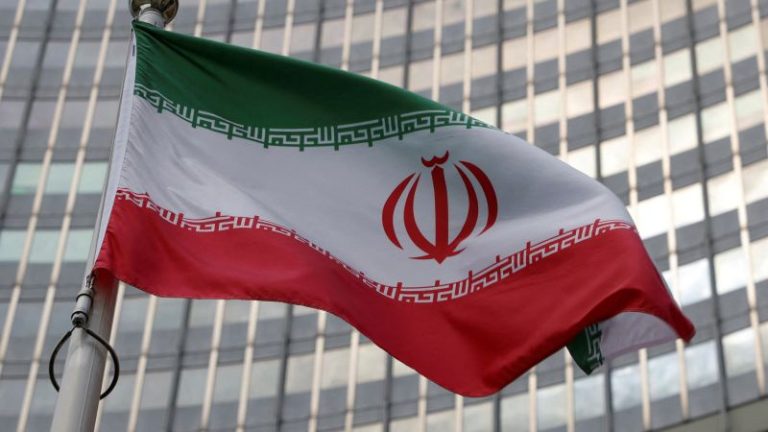The two day discussion in Doha between European Union diplomat Enrique Mora and the Iranian top nuclear negotiator, Ali Bagheri-Kani, appears to be “leading to positive developments on many issues,” the source added.
“The current environment has been positive for de-escalation,” said the source, who requested anonymity due to the sensitivity of the talks.
Mora on Twitter described the talks as “intense,” and Kani tweeted earlier that the two had a “serious and constructive meeting on a range of issues, including “negotiations on sanctions lifting” – the key priority for Tehran, which has faced a slew of crushing sanctions over the past year from the EU and United States.
The meeting came a week after Kani met with officials from the signatories to the deal – formally known as the Joint Comprehensive Plan of Action (JCPOA) – France, Germany and the United Kingdom.
Iran’s Foreign Minister Hossein Amir-Abdollahian was also in Doha on Tuesday before traveling to Oman on Wednesday. Both Qatar and Oman have played mediating roles between Iran and Western powers in the past.
“The Iranians have been in talks with the Europeans, and indirect talks with the Americans, with the support of the Qataris leading to positive developments on many issues related to both sides in hope of giving positive momentum to the JCPOA with the Europeans and prisoner issues with the Americans,” the source said.
Following a previous failure of the JCPOA revival attempt and amid nationwide protests in Iran, the Biden administration said in October 2022 that the nuclear deal was “not our focus” but said that they were committed to using diplomacy to prevent Iran from acquiring a nuclear weapon.
But talks quietly resumed late last year, with countries including Oman serving as intermediaries. A top administration official, Brett McGurk, has traveled multiple times to the Oman for the indirect discussions with Iranian government representatives.
The US is also engaged in trying to secure the release of multiple Americans who have been detained in Iran – something the administration has called a top priority. There are three Americans who have been designated as wrongfully detained who are imprisoned in Iran: Siamak Namazi, Emad Sharghi, and Morad Tahbaz. An American resident, Shahab Dalili, is also detained.
In the past, one aspect of a prospective deal for the detainees has involved the unfreezing of billions of dollars of frozen Iranian assets from South Korea. Iran had demanded that South Korea release $7 billion in funds frozen in South Korean banks under US sanctions.
And in what could be seen as a confidence building measure, the US approved a waiver allowing the transfer of $2.7 billion from Iraq to Iranian banks, in a move State Department spokesperson Matthew Miller called “consistent with transactions that have taken place over – going back a number of years.”
Iran’s foreign ministry spokesperson said last week that Tehran exchanged messages with the United States through Oman “a few weeks ago” but said that his government does not endorse any negotiations for an interim agreement or new arrangements to replace the JCPOA.
The Trump administration withdrew from the landmark agreement in 2018 and Iran has increasingly grown its nuclear program in violation of the deal.
One focus of the discussions with Iranian officials has been limiting its uranium enrichment. The IAEA said in a June report that the country’s enriched uranium stockpile has increased by more than a quarter in three months.
Iran’s official uranium enrichment currently stands at 60% purity. Weapons-grade uranium is considered to have been enriched above 90%.

